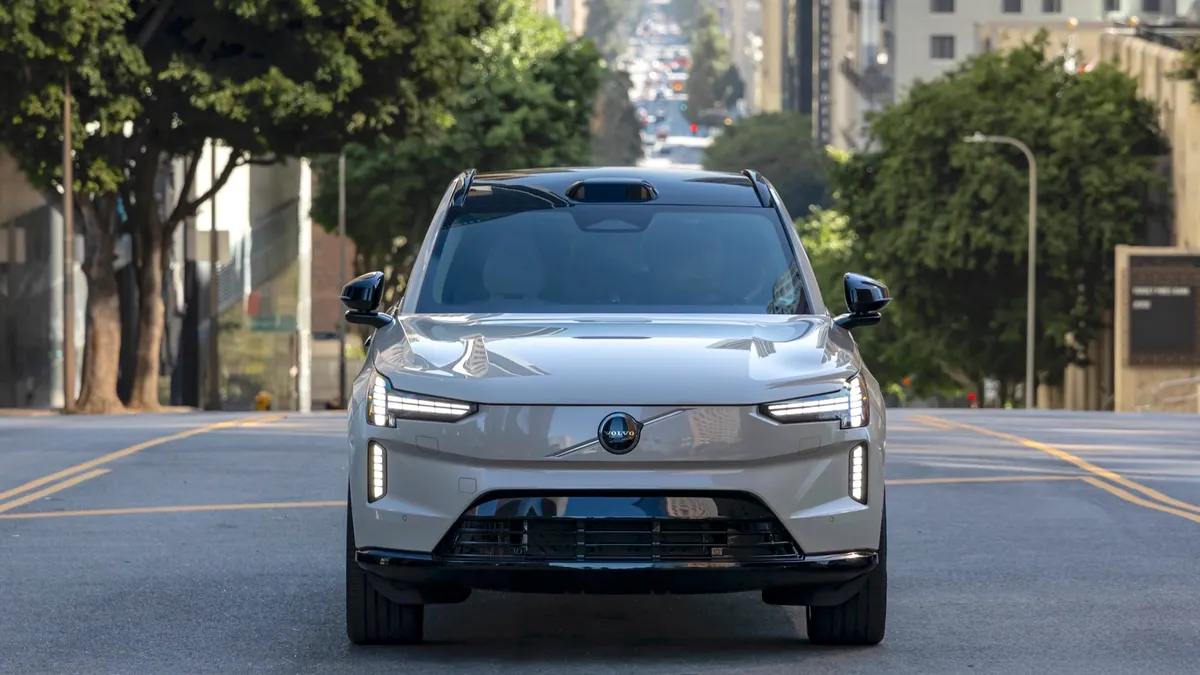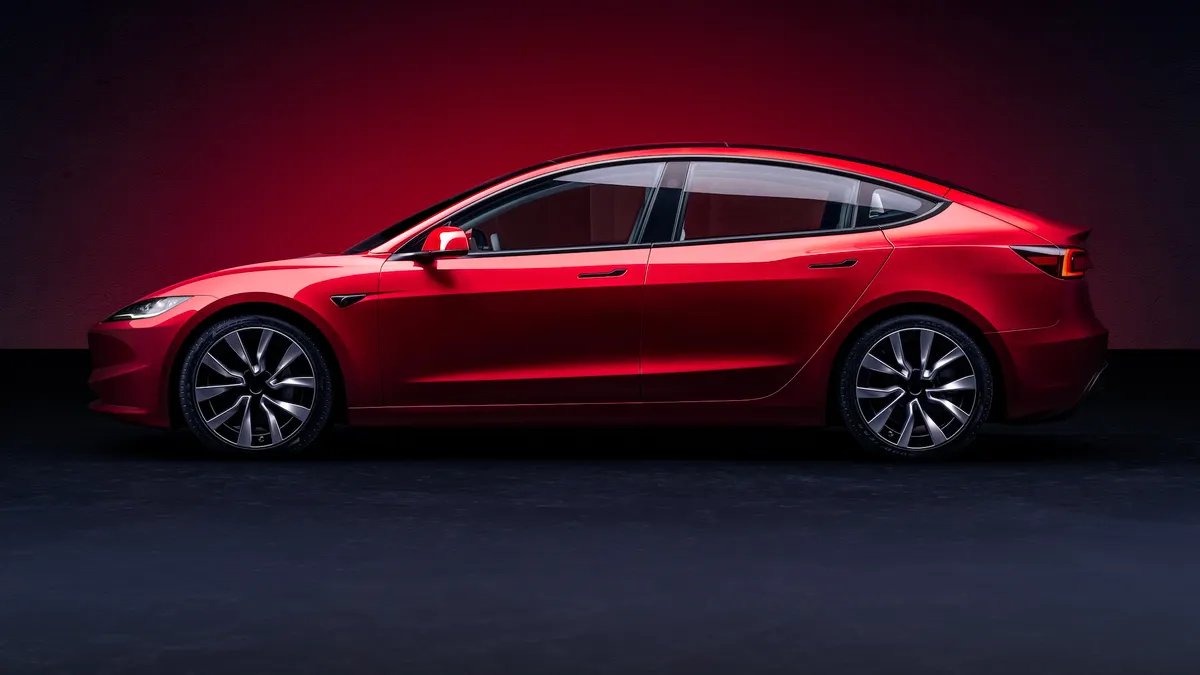Editor's note: This story is part of the WardsAuto digital archive, which may include content that was first published in print, or in different web layouts.
London Mayor Boris Johnson wants to create the world’s first ultra-low-emissions zone in the U.K.’s biggest city, but the auto industry says plans for the zone need to be even more ambitious.
The Society of Motor Manufacturers and Traders says London should set the benchmark for the world’s great cities by implementing a scheme that demands the best in vehicle technology.
Johnson wants the U.K. government and The European Commission to match London’s plans to tackle air quality and help the city meet EU limits for nitrogen dioxide (NO2) emissions by 2020, rather than 2030.
He says ULEZ in central London from 2020 will help address the “dirty diesel” problem in a reasonable way, giving motorists time to meet The new standards.
The ULEZ proposal mandates 2006-standard Euro-4 emissions limits for gasoline vehicles and the latest Euro-6 for diesel vehicles. The SMMT says that given the introduction date of 2020, it would allow gasoline vehicles of up to 14 years of age to enter the zone without penalty.
By 2020, the European fleet average will be approaching 95g/km of carbon dioxide, whereas a typical gasoline car of Euro-4 vintage would have CO2 emissions some 72% higher.
Euro-6, the latest diesel-engine emissions legislation being implemented by the EC, is due to become law next September. Non-compliant vehicles cannot be sold in the EU, but the new standards do not apply to vehicles already on the road.
The SMMT says Euro-6 gasoline and diesel vehicles now are on sale and are mandatory from next year, meaning that under its proposals, qualifying vehicles by 2020 would be up to 6 years old and would be reasonably affordable, potentially on their third owner.
Crucially, the trade group says, air-quality benefits will be assured as Euro-6 vehicles have engine-management systems that constantly monitor and manage emissions performance, a major advance on earlier models’ technology.
In an open letter to the mayor, the SMMT calls for a rethink of the current proposals set out by Transport for London and to enforce the same emissions standards for gasoline and diesel vehicles.
This reflects rapid progress in clean-diesel technology, it says, and helps ensure similar schemes across the U.K. and Europe are harmonized.
“The implementation of the ULEZ will accelerate the take-up of ultra-low- and low-emission vehicles, but a harmonization of standards – a technology-neutral approach – for petrol (gasoline) and diesel vehicles would strengthen the initiative,” SMMT CEO Mike Hawes says in a statement.
“ULEZ proposals should support the introduction of these technologies now, technologies which are being introduced ahead of the ever-tougher legislative requirements which will be implemented over the next few years.”
Citing the progress made by automakers, the SMMT says it is vital the ULEZ delivers on congestion reduction to allow the industry’s new technologies to work effectively.
The SMMT says the success of the automotive industry’s commitment to improved emissions is indisputable.
Average CO2 emissions for new cars in the U.K. in 2013 were 128.3 g/km, down 29.1% since 2000. The 2013 figure marks a milestone as it exceeds the pan-European 2012-2015 target of less than 130 g/km.
Work on CO2 reduction has been matched by technology to cut other pollutants, resulting in filters that capture more than 99% of particulate emissions. Nitrogen-oxide levels from diesel cars have been cut by 64% since 2000.
The SMMT says criticisms that vehicles fail to deliver real-world improvements compared with controlled test-cycle conditions also are being addressed, with the Euro-6 standards to include real-world driving emissions testing for the first time.
“We need an integrated approach on air quality at local, regional, national and European levels,” Hawes says. “Fleet renewal, or the uptake of new vehicles on the road, is critical in reducing emissions. Proposals such as London’s ULEZ can help deliver this goal.”
Engine manufacturing is an important part of the U.K. auto industry with more than 2.5 million units built in 2013. Engine manufacturers include Ford, Bentley, BMW, Honda, Jaguar Land Rover, Nissan, Toyota and Cummins.


















